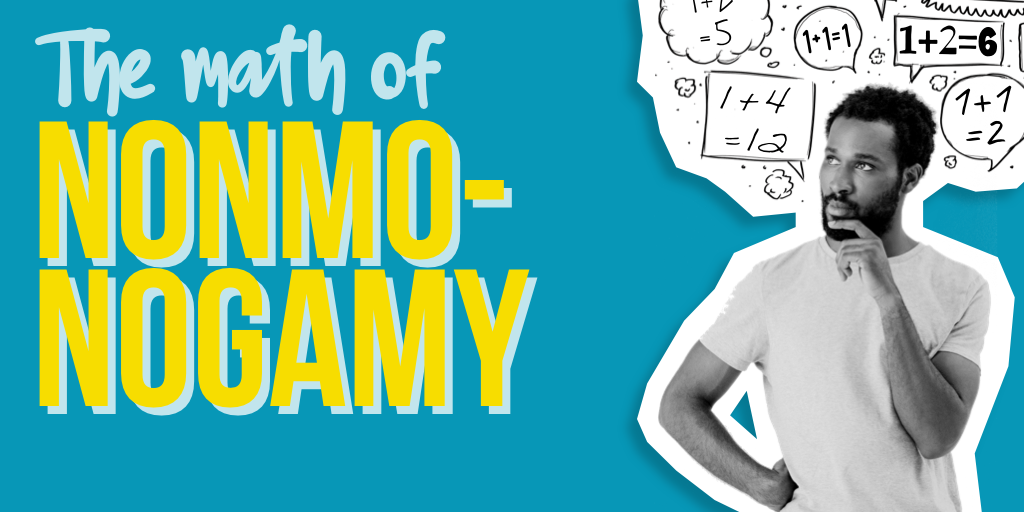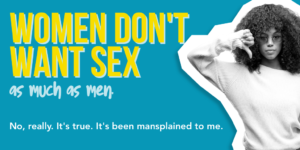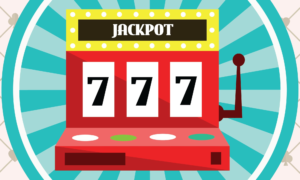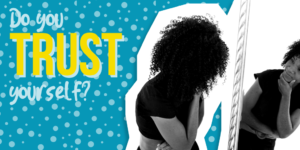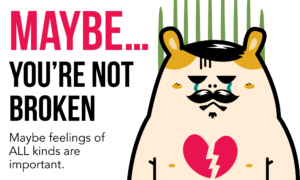Or is it one plus one is 3, one plus two is 6, and one plus three is 10?
Depends on how you do your math, really, but in nonmonogamy, it’s rarely straightforward, and that is what many people don’t consider when they take those first steps.
Is it one plus one equals 1, or one plus one equals 3?
Depends on what you’re counting.
One (person) plus one (person) equals one relationship.
Or
One (person) plus one (person) equals two (people) and one (relationship).
Personally, I do my math the second way.
I plus a single partner equals three important considerations in any decision I make:
- How will this affect me?
- How will this affect my partner?
- How will this affect our relationship?
When I (or he) adds a partner, then I have six important considerations in any decision:
- How will this affect me?
- How will this affect person 1?
- How will this affect person 2?
- How will this affect my relationship with person 1?
- How will this affect my relationship with person 2?
- How will this affect the relationship between person 1 and person 2?
Some people do the math a in another way, taking whichever process they prefer from the two above, and adding in one more: the greater relationship of ALL the people.
Which, I guess makes sense when you are doing a closely-bonded nonmonogamy, like living with your triad or quad. The overall health of the greater relationship can make a big difference.
Still others only do parallel relationships, and their math might look like this in a ‘V’:
- How will this affect me?
- How will this affect person 1?
- How will this affect person 2?
- How will this affect my relationship with person 1?
- How will this affect my relationship with person 2?
Since person 1 and person two never interact, maybe don’t know each other.
That can work.
So every person added only adds two more complexities each time.
Let’s go back to monogamy for a moment…
The ‘default’ socialized setting for most of us (that it should not be a ‘default’ is a whole ‘nother writing and rant) is pretty simple.
I say one plus one equals three:
- How will this affect me?
- How will this affect my partner?
- How will this affect our relationship?
However, the way most of us are socialized, many people do the math as one plus one equals one.
There is no me. There is no you. There is only the Borg.
I mean, there is only THE RELATIONSHIP. We are one. We work in tandem. We play in tandem. We are joined at the hip. We must agree on all things. We are the collective…
Oh, sorry.
As you might guess, I’m not a fan of that particular math.
But what about one plus one equals two?
- How will this affect me?
- How will this affect my partner?
Is this even possible?
MAYBE.
But it’s not a relationship.
It’s a grab and grope and fumble in the back of a seedy sex club, 7 3/4 minutes of hot and heavy selfish gratification, and then each going their own way.
Not bad. Not wrong. Also, not a relationship.
What’s your effing point, Nookie?
LOL! Good question.
My point is much simpler than the math: To “do relationships” well, there are two factors that must be considered:
- The individuals involved.
- The relationships.
And those can be incredibly complex to navigate.
Even partners of a hinge (A see relationship is made up of three partners and gets its name from the letter “V,” in which one person acts as the “hinge” or “pivot” partner dating two people.), who are not romantically or sexually involved with each other oftentimes affect each other’s relationships through emotional carry-through.
- Having a fight with partner 1, but going on a date with partner 2?
- In deep love with partner 2, limerence stage, but have daily life and drudgery to get through with partner 1?
- Partner 3 just discovered they have a potentially deadly cancer while you are on a romantic getaway with partner 1?
- Maybe you have a power exchange dynamic with partner 2, which affects what you are allowed to do (or choose to do) with partner 1 and any others.
- Maybe partner 1 lives far away, and it takes a lot of time and travel to maintain that connection, not leaving as much for partner 2.
And so on.
And all of this is made more complex by the fact that we as humans are rarely taught to navigate even one relationship of two people well.
We are often taught that the relationship is all that matters, and not the persons in the relationship. Not the autonomy (more on that in a few weeks, as my last installment in my ‘Communication is a Tool’ series) that each person must have to explore and grow in life.
And so, when we add another person to our lives (and possibly the lives of the partner or partners we already have), we often bungle it badly (and hurtfully).
My suggestion…
Most people say to relationship right, you have to communicate.
I agree.
However, as I’ve noted in my ‘Communication is a Tool’ series, it’s not all you have to do. One of the most important parts of that communication is allow for autonomy in your communications.
So, when starting any relationship, first do the math. Consider the people involved as autonomous individuals, and also consider the relationships you’ll create (maybe just one, if you are monogamous).
And then take that next step that most people say is the first step: communicate.
Because if you are one of those 1+1=1 thinkers, who believe that as people enter into a relationship, they are assimilated, your communication will be at best useless, but most likely actively harmful, because you will not be communicating as individual humans with individual needs, individual desires and individual view on the world.
What are your thoughts?
What math do you use in your relationships?
Do you take into account each individual and the relationship in making major decisions?
If you are nonmonogamous, do your partner relationships affect each other (if you are monogamous, you could also be thinking about your partner relationships versus your friend/family relationships…)?


